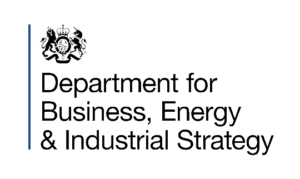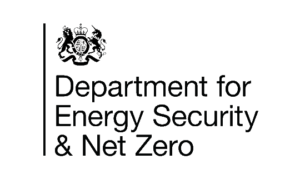The creation of the Future System Operator (FSO) in the UK presents a unique opportunity to enhance demand-side participation, offering consumers and stakeholders a clearer value proposition. As the FSO assumes the responsibility of managing the electricity system, balancing supply and demand in both immediate real-time and the long-term, it is poised to collaborate closely with supply side and demand side stakeholders. In this article, we will explore the challenges faced by demand-side participation and how the FSO can address them, while discussing the potential for a brighter future in demand-side engagement.
The Challenges of Demand-Side Participation
Demand-side participation is not without its challenges. Consumers may hesitate to engage in demand response programs if they fail to perceive the value in doing so. Concerns about data security and the impact on their appliances may also discourage their active involvement. Overcoming these challenges is crucial to foster a successful demand-side participation ecosystem.
The Role of the FSO
The FSO is well-positioned to play a pivotal role in overcoming these challenges. Firstly, the FSO needs to work closely with consumers to educate them about the benefits of demand side participation, ensuring they understand the positive impact their actions can have on the grid. Secondly, the FSO should collaborate with stakeholders to develop fair and equitable programs that encourage widespread participation. Lastly, the FSO must work alongside suppliers to develop attractive products that simplify consumer engagement in demand response initiatives.
The Future of Demand-Side Participation
The future of demand-side participation appears promising, particularly as the grid increasingly relies on renewable energy sources. The FSO is uniquely equipped to lead the way in promoting and advancing demand-side engagement, assisting the UK in achieving its Net Zero goals. By capitalising on emerging opportunities and effectively managing challenges, the FSO can steer demand-side participation towards a prosperous future.
Examples of FSO’s Impact on Demand-Side Participation
-
Incentivising Peak Demand Reduction:
The FSO can establish a demand response program that rewards consumers for reducing their electricity usage during peak demand periods. This program can offer financial incentives such as bill credits or discounts on energy-efficient appliances, motivating consumers to actively contribute to grid balancing efforts.
-
Real-Time Energy Monitoring and Control:
By developing a user-friendly platform, the FSO can empower consumers to monitor and control their energy usage in real time. This platform will assist consumers in identifying opportunities to reduce electricity consumption, enabling them to make informed decisions such as turning off lights or appliances when not in use.
-
Collaborating with Suppliers for Innovative Products:
Working together with suppliers, the FSO can encourage the development of new products that appeal to consumers and foster their participation in demand-side programs. Smart thermostats, meters, and energy-efficient appliances are examples of products that can incentivise consumers while supporting the overall demand-side ecosystem.
The FSO has the potential to make a significant contribution to the improvement of demand side participation in the UK. By proactively engaging consumers, suppliers, and other stakeholders, the FSO can drive the creation of a more flexible and responsive electricity system that effectively addresses future challenges. Through collaboration, education, and innovation, the FSO can shape a bright future for demand-side participation, aligning with the UK’s ambitions towards a sustainable and resilient energy landscape.
If you would like to find out more about our demand side response consultancy services, then please get in touch.















